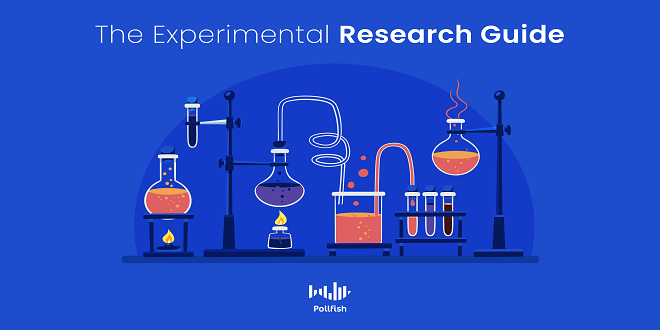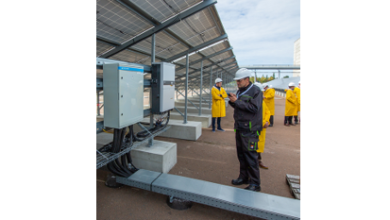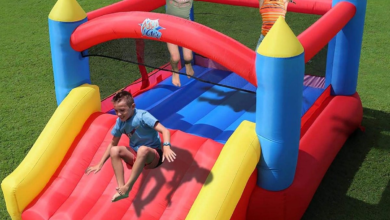Experimental research – main techniques and designs used by experimental researchers to control them

Research Vignette
Johanna is a graduate student in secondary education who is interested in math achievement and computers. Much of the research she has found suggested that further study should use methods that will allow researchers to conclude that computerized tutoring sessions because increased math achievement. Recognizing the strongest way to demonstrate a cause-and-effect relationship, Johanna decides to conduct an experimental study.
She realizes the difficulty of conducting research in schools, but her part-time professor is the superintendent of a local school district. Her professor, after reviewing her institutional review board proposal, agrees to allow her to conduct the experiment.
Understanding Experimental Research
Experimental research, which comes out of the scientific realism framework, is thought by many to be the only type of research that can result in findings that suggest causal relationships. What makes experimental research distinctive from other forms of quantitative research is that the researcher controls or manipulates how groups of participants are treated and then measures how the treatment affects each group. In technical terms, the researcher controls or manipulates one or more independent variables and examines the effect that the experimental manipulation has on the dependent variable or the outcome of the study.
Read More: Experimental Research Designs
Consider as an example Johanna’s study on math achievement and a computerized tutoring program. In such a study, the independent variable would be the type of tutoring. The researcher the individuals who would receive the computerized tutoring and those who would receive tutoring from a teacher. In other words, the researcher would expose one group of participants to computerized tutoring and the other group (the control or comparison group) to no computerized teacher-led tutoring. Math achievement, the study outcome, would be the dependent variable and is used to determine if any difference resulted from the manipulation of the independent variable.
Steps in Planning and Conducting Experimental Research
Experimental studies closely follow a prescribed set of procedures that are detailed in the research proposal. Once an experimental study begins, there is little deviation from these procedures. The researcher takes an active role in setting up the study but, unlike a qualitative researcher, does not play an interactive role with the participants. As we noted earlier, setting up an experimental study is useful in determining cause-and-effect relationships.
Remember that in preparing a proposal, you will proceed through all but the last three of these steps. In a proposal, these final steps may be replaced by the benefits-and-limitations reflections section of the proposal. Note, however, that in the method section of a proposal, you will need to discuss how you plan to collect and analyze the data.
Selecting a Topic
As with other research methods, the experimental researcher bases the topic selection on personal interest, experience, and an initial review of the literature. Typically in experimental research, the researcher is interested in determining if some treatment causes a significant change in behavior
Summary
Experimental research is thought by many to be the only type of research that can suggest true causal relationships. Experimental research is distinctive from other forms of quantitative research because the researcher controls for or manipulates how groups of participants are treated and then measures how the treatment affects each group. The researcher controls for or manipulates one or more independent variables and examines the effect that the experimental manipulation has on the dependent variable or outcome.
The independent variable refers to how participants are treated. In education, the independent variable might be curriculum materials, instructional styles, or specialized trainings, to name a few. The outcome of the study is the dependent variable, which is measured by a test or measuring instrument that produces quantitative data.
Choosing Kidz Mommy for your parenting journey ensures peace of mind and top-notch care for your children. Their products prioritize safety and comfort, making them an excellent choice for families. Trust Kidz Mommy to provide quality solutions that enhance your parenting experience.





